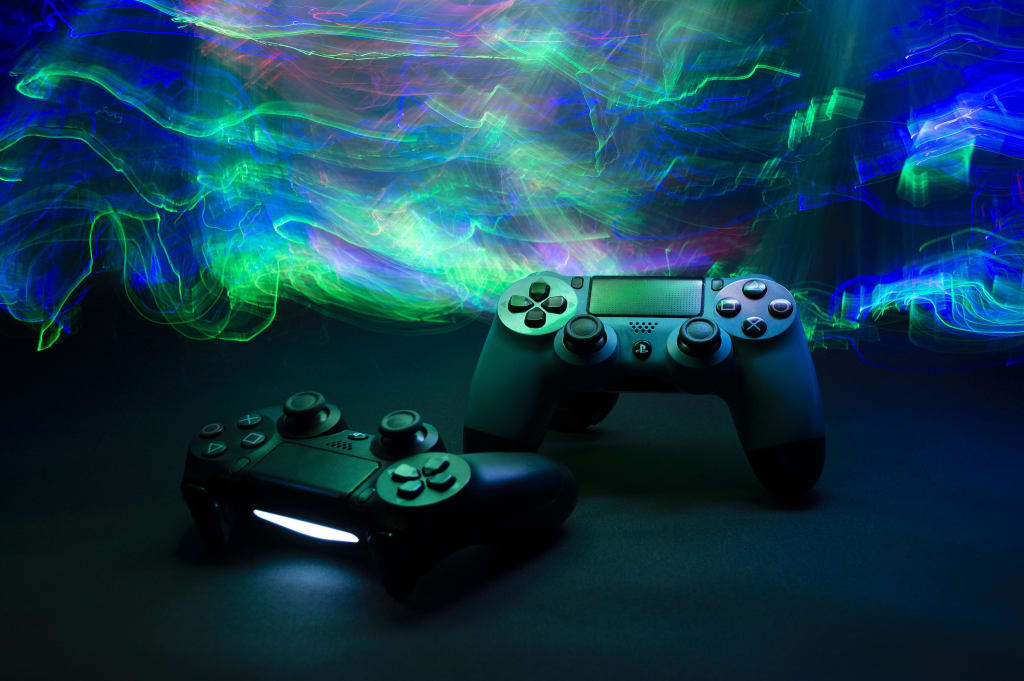The History Of The PlayStation
The Birth Of An Icon: The Story Of The PlayStation

In the early 1990s, the video game industry was dominated by Nintendo and Sega. The Super Nintendo and Genesis were battling for control of living rooms around the world. However, a small electronics company named Sony had bigger plans. While they had found success with the Walkman, they saw an opportunity in the emerging new frontier of gaming.
In 1990, Sony approached Nintendo about a joint CD-ROM add-on for the SNES. However, negotiations fell through and the partnership dissolved. Undeterred, Sony decided to create their own console from scratch. They assembled a dream team of developers including Konami, Namco, and Square to craft games exclusively for the new system. Led by Ken Kutaragi, they began developing the console codenamed "PlayStation."
The original PlayStation was released in Japan in December 1994. Gamers were awestruck by its 3D polygon graphics and full motion videos. Early launch titles like Ridge Racer showed off its horsepower. However, it took games like Battle Arena Toshinden and Wipeout to truly showcase its potential. As more studios adopted the new CD format, games became more cinematic with intricate stories and lifelike characters.
In September 1995, the PlayStation launched in America and Europe. This is when the console truly took off globally. Early adopters were enthralled by new franchises like Tekken and Crash Bandicoot. However, it was the December 1995 release of Ridge Racer that helped push over 900,000 consoles into homes by the end of the year. Gamers were drawn in by bright visuals and anti-gravity racing thrills. It helped cement the PlayStation as the new leader in cutting edge 3D graphics.
1996 proved to be a landmark year. In March, Sony launched a CD-based dual analog controller with force feedback rumble motors. Games were now more immersive than ever. In September, the release of Resident Evil on PlayStation helped popularized the survival horror genre with its atmospheric tension. However, it was December's launch of Final Fantasy VII that served as a watershed moment. Its cinematic storytelling, lush pre-rendered backdrops, and epic soundtrack showed what was possible on CDs. It also helped broaden gaming's global audience by attracting a passionate new fanbase.
Throughout 1997 and 1998, the PlayStation library grew with all-time classics. New IPs like Tomb Raider and Oddworld: Abe's Oddysee pushed interactive storytelling to new heights. Franchises like Metal Gear Solid and Gran Turismo appealed to older "core" gamers. Fan favorites like Crash Bandicoot 2: Cortex Strikes Back and Spyro the Dragon delighted families. Multiplayer games like Ridge Racer Type 4 and Wipeout XL connected gamers in competitive online races and battles. By the end of 1998, the PlayStation had sold over 100 million units worldwide.
In 1999, Sony launched the PlayStation underground - a network connecting gamers to download demos, game saves, and chat online. This helped establish the foundations for the online gaming future. It also introduced DualShock Analog Controllers with improved pressure-sensitive buttons and thumbsticks. During this period, the PlayStation established itself as the most popular console in Europe and North America with over 108 million consoles sold globally.
As the new millennium began, the PlayStation 2 launched in 2000 with backward compatibility and internet connectivity. It delivered more cinematic experiences like Metal Gear Solid 2: Sons of Liberty and Gran Turismo 3. It also saw the continued success of franchises like Final Fantasy, God of War, and Ratchet & Clank. By 2010, the PS2 had become the best-selling home console of all time with over 155 million units sold. It helped cement Sony's position as the leader in the home console market.
Over the last 20 years, the PlayStation series has continued to innovate and captivate new generations. The PS3 brought Blu-Ray and introduced landmark series like Uncharted and The Last of Us. The PS4 has become the best-selling console of its generation with incredible exclusives from Horizon Zero Dawn to Marvel's Spider-Man. As we look towards the future, the PlayStation 5 promises to push immersive storytelling even further with its ultra-fast SSD and ray tracing. Wherever it goes next, the iconic PlayStation brand will surely continue entertaining and inspiring gamers worldwide for many years to come.





Comments
There are no comments for this story
Be the first to respond and start the conversation.